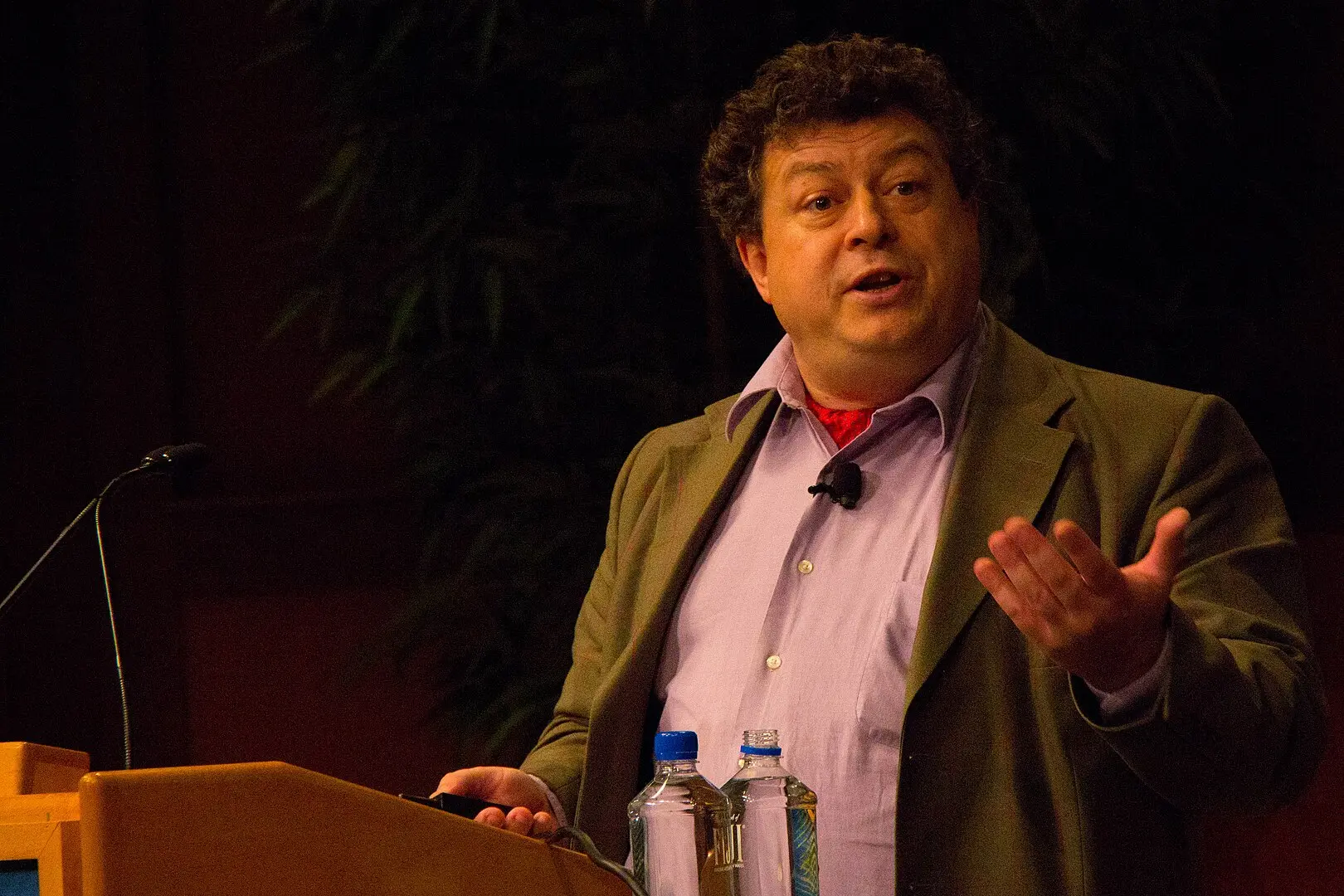Rory Sutherland
-

Rory Sutherland’s book recommendations and media picks: A personal challenge
I’ve spent the last few months mainlining Rory Sutherland. Who am I kidding, he’s responsible for my interest in behavioural science in comms ever since I saw him talk at Cannes Lions about a decade ago. I don’t know how many hours of podcasts and YouTube clips I’ve consumed, but my brain is buzzing, and More →
